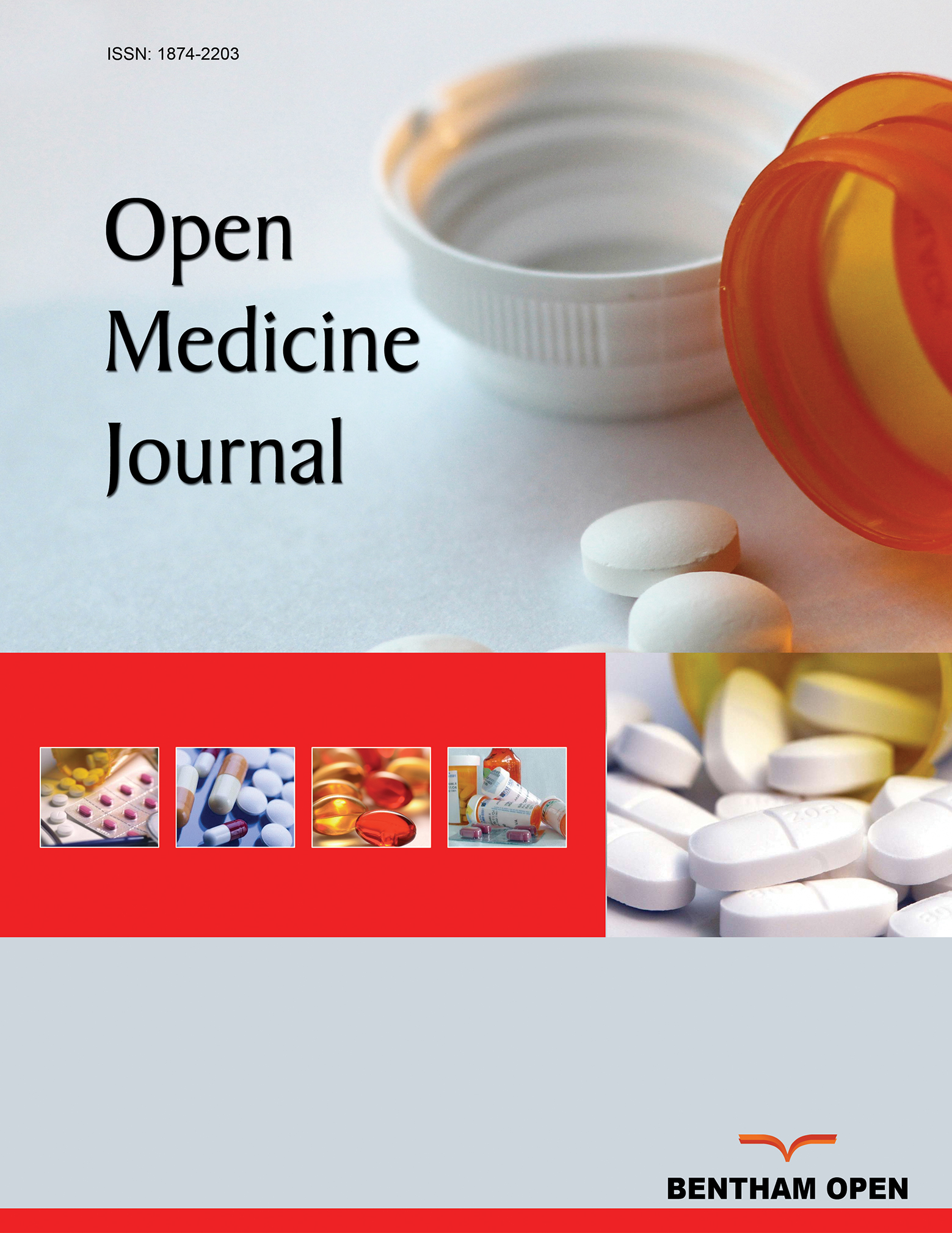All published articles of this journal are available on ScienceDirect.
Rate of Vascular Access Preparation in Hemodialysis Patients and Associated Baseline Characteristics in Jazan Region, Saudi Arabia: A Multicentre Study
Abstract
Background
End-stage renal disease (ESRD) treated with hemodialysis is a major global health concern. Delayed preparation for renal replacement therapy can lead to adverse consequences. We aimed to determine the rate of vascular access preparation in hemodialysis patients and the associated baseline characteristics in the Jazan region, Saudi Arabia.
Methods
This is a cross-sectional observational study using patients’ medical records and complimentary direct patient interviews during their hemodialysis sessions in different Jazan region centers.
Results
The study included 310 patients, of which 58.1% were male, 45.5% aged 40 to 60 years, and 50% were non-Saudi. Hypertension was the cause of end-stage renal disease (ESRD) in 42.6% of participants, with renal artery stenosis and lupus being the least common causes. Regarding the association between ESRD causes and demographic factors, we found only age and marital status were statistically significant. We also found that only the education level is statistically associated with early referral for vascular access placement.
Conclusion
ESRD was more common among middle-aged males, and hypertension was the most likely cause. Our study showed that the arteriovenous fistula was used only in 50% of patients as vascular access for hemodialysis. Compared to other demographic factors, education level has significantly affected the early referral rates for vascular access placement.


